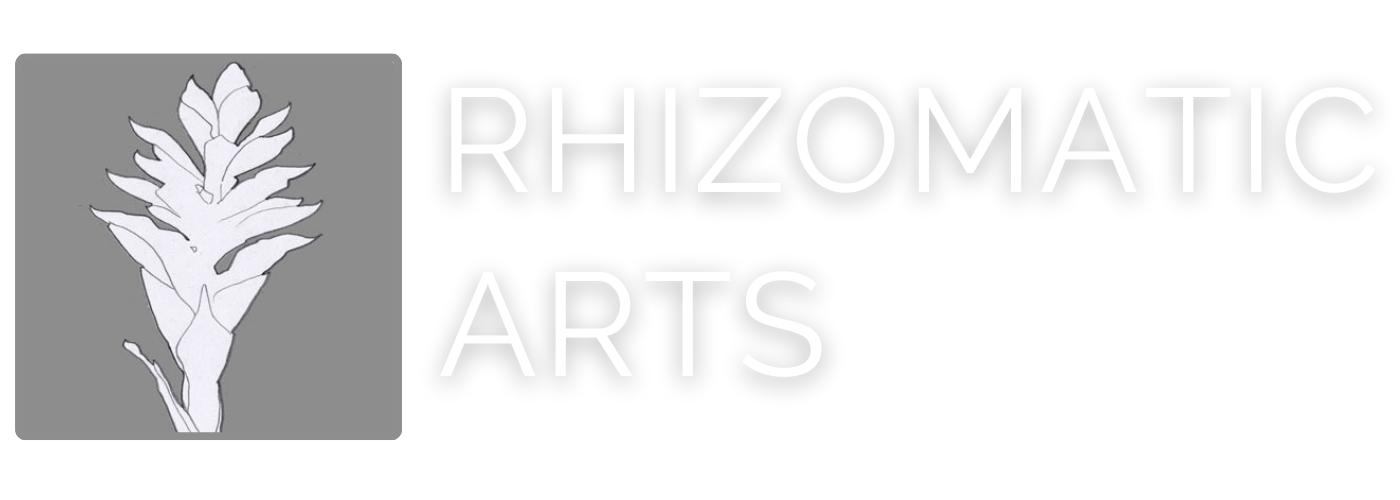Center Your Website in Your Marketing Strategy
Marketing can essentially be understood as identifying the people who value what you do, and clearing the path to allow them to connect with you. So why do so many of us get in our own way and make it harder for folks to connect with us?
All too often I see clients with gorgeous new websites that no one knows about. Don’t make the mistake of investing time and money into a website and then not integrating it into your communications!
Here are some tips:
Your website URL should become synonymous with your business name. Link to it everywhere! Drop it in your email signature, in your social media bio, on business cards and posters, on LinkedIn, and in all promotional copy (including programs) for events and projects. It should appear in your artist bio, and in any press coverage.
When promoting an event, send people to your website for information and to purchase tickets. Even if you use a third party ticketing site, such as Eventbrite, audiences should go to your website first, where they should find a page with program details and a large, bold “BUY TICKETS” link.
PRO TIP: Always select “open in new window/tab” when linking externally from your website. That way, visitors will always have the option to come back to your site and explore after they buy their tickets. You want to make it easy for folks to spend time in your world, poke around your portfolio, sign up for your newsletter, etc.
If your project is being produced by another organization, discuss a promotional strategy with them. If they insist that all promotions point to their website, make sure that a link to learn more about you and your work is on that page and easy to find. You should still have information on your website that links to their event page.
Make a promo kit, and share it with collaborators and partners. For event promotion, I recommend creating a simple Google document with the following bits of content:
A short, 1-2 sentence teaser about the project and a link to your website to learn more/purchase tickets. Use this in emailers, on social media, and in calendar listings. Share it with collaborators or partners so they can easily help with promotions.
Optional: create a custom bit.ly or other easy to remember link that takes folks directly to the event page on your website. This is especially useful on Instagram (where links are not clickable in regular post captions), and Twitter (where character count matters). Full program information can live on your website. (If you decide not to print paper programs, folks can always go online!)
Graphic(s) containing the event title, date (including day of the week, i.e. Friday), time, venue/location, ticket price, and link to your website. (Other optional content might include your logo, presenter name or logo, and so on.) Canva is a great, free online tool for quickly creating graphics without professional skills. They have a ton of templates to help you get started. Your graphics should be saved as JPGs or PNGs.
Draft copy for social media and newsletter posts, for you to post and also to share with collaborators and partners, keeping everyone’s messaging cohesive and on point. Pay attention to character count, especially for Twitter.
I always tell my clients: your website is a tool that should be working for you. Let it do its job. And for heavens sake, let the people see it in all its glory!

